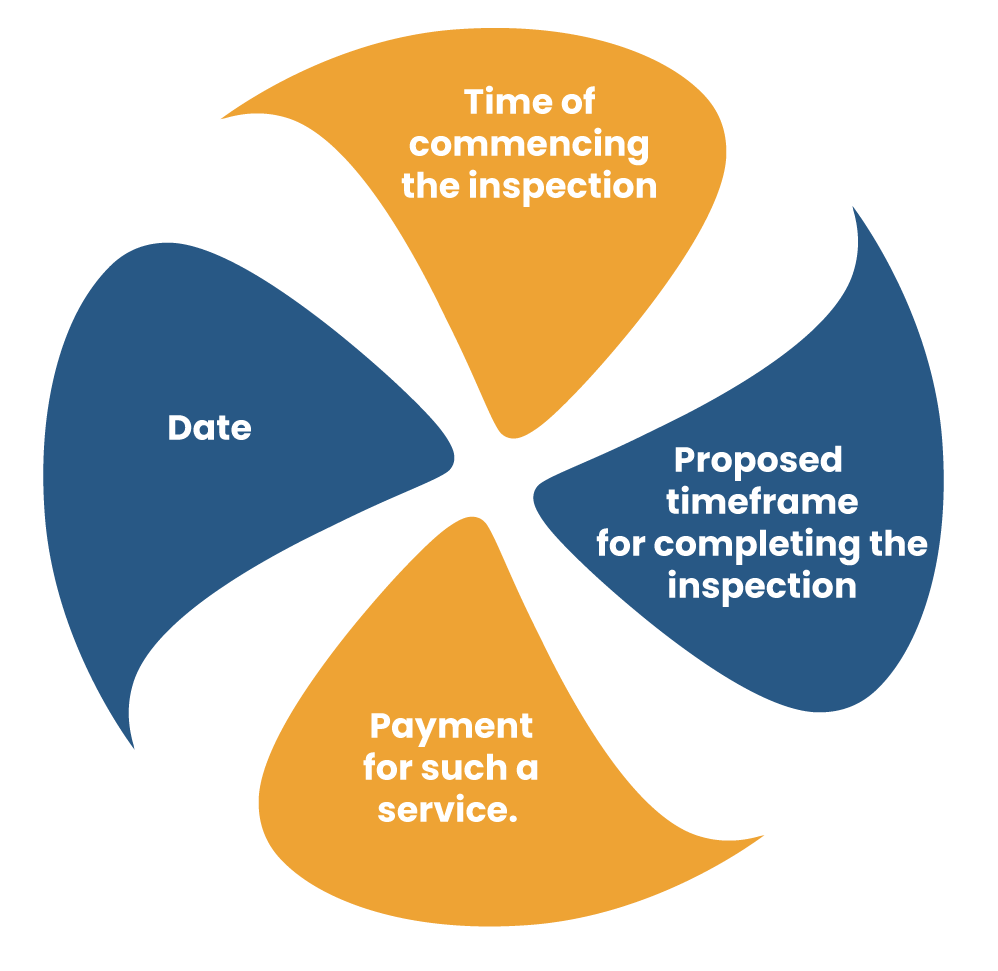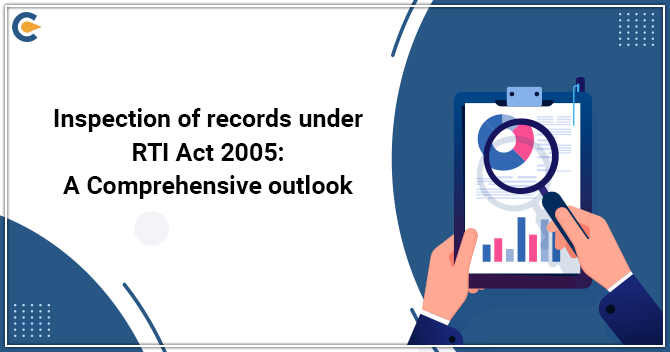The Right to Information, broadly known as (RTI), is an act enacted by the Indian government that underpins the provisions regarding citizens’ right to information. It supersedes the former Act, namely the Freedom of Information Act, 2002. As per the provisions of the RTI Act, any law-abiding citizen of India may prompt “public authority” in a prescribed manner to access the required information. In response to such a request, the “public authority” is obligated to act accordingly within thirty days. In the event where the applicant is indulging in a critical situation that poised a considerable risk for his life and liberty, then “public authority” is obligated is respond swiftly, precisely within 48 hours. The Act also seeks every public authority to digitize their records for wide dissemination. The Act mandates the publication of specific categories of information so that applicants can avail prompt access to information without being engaged with a formal procedure. This write-up will talk about the legalities of Inspection of records under RTI Act 2005.
Legal obligations of authority pertaining to the inspection of records under RTI Act 2005
- As per the RTI Act, 2005[1], clause 6(1), in many circumstances, persons who apply for availing the information are notified by the Public Information officers to come & scrutinize the documents. The State Information Commissioner has objected to the same in some scenarios. If the individual has not asked for inspection and the information he seeks is considerably low, he must not be intimated to inspect the documents.
- In such circumstances no. of pages should be counted & the applicant must be informed to pay standard charges.
- In the case where the requested information is considerably large, the concerned individual might have an opportunity to see & scrutinize the documents & given copies of the required records by imposing the standard fee.
- In the scenario where the applicant has dropped a request for inspection, or the information he has asked is vast, an index of the said documents must be prepared aptly before permitting the individual for inspection.
- A proper numbering should be incorporated in the file. Three dates & timings must be notified to the concerned applicant before making him engaged with the actual inspection. If the concerned applicant finds the proposed date inappropriate, he must be directed to confront the Public Information officer.
- The applicant should mandatorily inform the PIO about the concerned file number of the file before fetching the required information.
- On the proposed date of inspection, the concerned Public Information Officer is liable to visit the office to entrust his colleague with the responsibility of rendering the document to the applicant.
- In the purview of the government notification, the authority must share the email-id and contact number with the applicant.
- All the Assistant Commissioners/PIOs/ Department Heads must follow these guidelines appropriately.
- Rights of the applicant under RTI Act Regarding Inspection of Documents
Read our article:Fintech Laws in India: Everything You Need to Know
Guidelines pertaining to the inspection of records under RTI Act 2005
- After availing of required permission from FAA, PIO, or Information Commissioner, send a letter via speed post to the PIO enclosing list of desired records. Do not forget to enclose three dates and times which would be comfortable to you & also seek a contact detail of PIO.
- Visit the office on the proposed date with your colleague (If allowed) & with the photocopy of the relevant decision, ID proof along with the mobile, digital camera, stationery items, black CD, flaps and the copy of RTI Act and Rules etc.
- Make sure to post your entry time at the office’s reception as it will act as evidence of your office visit.
- Get in touch with PIO & ask for an inspection
- Ask PIO to give you an inspection receipt and ensure it has the following particulars in place:


- If the said official demands an advance payment, pat the requested sum and then engage with the inspection.
- Ask the said official to appoint an officer during the inspection process.
- Do not hesitate to confront the PIO if the sitting arrangement or the room’s lighting is not as per your liking. Such intimation can be done orally or in writing with date and time.
- Start inspection and use the available gadgets to capture the image of the part that you feel is important.
- Jot down the essential particulars, including page number or register name on the notepad, if you find it relevant.
- If, for any reason, you struggle to carry on the inspection activity, then inform the PIO for the same and avail the acknowledgement receipt for proof. Voice correspondence is also allowed in such cases.
- If you need data from PCs, prompt PIO to facilitate the assistance of the qualified staff for accessing computer data. Jot down particulars to be fetched on Compact Disc. Avoid operating office system on personally.
- While confronting PIO, keep the audio recording inactive state.
- During the final phase of inspection, make sure to inform the PIO about the flap and collect the same before leaving the office.
- After ending the inspection, post your honest feedback in the inspection slip or register. Furthermore, you can also add the proposed inspection date on the same, if any. Also, do not forget to post the date and exact time and seek a refund, if any. Stick with the standard amount as cited under the RTI act while submitting the inspection fees.
- If the office fails to provide certified copies or CDs at the time of leaving, send a written request enclosing page numbers of record etc., to PIO for the same.
- Manifest the good code of conduct during the entire inspection process.
- Avoid compromising the legitimacy of government records by writing anything on them.
- A week later from your visit, share a list of desired papers with PIO via mail as a reminder. Pay the standard fees if you access the requested paper within 30 days of the RTI application’s submission.
- If you encounter some nuisance while inspection, file the written grievance with FAA or information commissioner (with a copy to PIO in his/her name) & request for orders that permit proper inspection.
Conclusion
There is no denying that legalities for inspection of records under RTI Act 2005 are not that complicated. All applicants are required to follow a simple set of guidelines to complete the inspection process. Keep in mind that every step you take in the inspection process seeks the approval of the PIO or the said officials. As long as you keep yourself aligned with the guidelines above, you will be less likely to encounter any trouble during the inspection process.
Read our article:Legal Aspects for Business that Every Start-up Should Know











